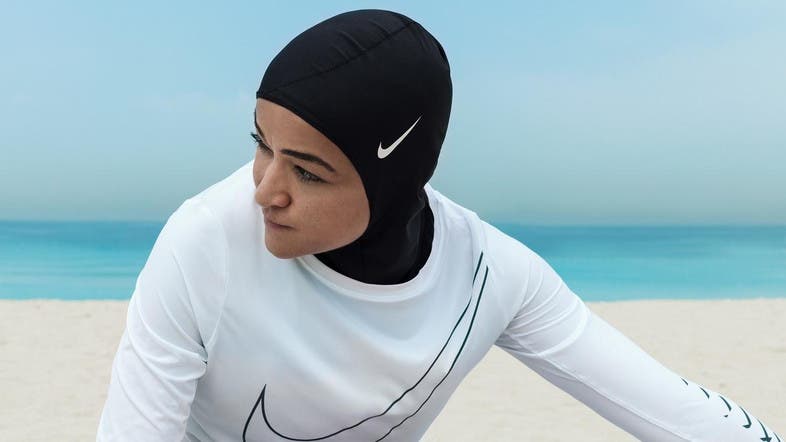
Female Muslim athletes will finally have global representation for their athletic sportswear after Nike announced it is launching the Nike Pro Hijab.
A source from Nike confirmed the recent viral video campaign that featured female Middle Eastern athletes entitled “What will they say about you?” was a precursor for the launch of the new Nike Pro Hijab line, which will go on sale in Spring 2018.
“The Nike Pro Hijab may have been more than a year in the making, but its impetus can be traced much further back, to an ongoing cultural shift that has seen more women than ever embracing sport,” a statement from Nike read.
“This movement first permeated international consciousness in 2012, when a hijabi runner took the global stage in London,” the statement added.
The runner Nike refers to is Saudi Arabia's Sarah Attar, who competed 800m heats at the London Olympics. Before her, Bahraini sprinter Ruqaya al-Ghasra also competed, while wearing a hijab, during the Athens Olympics in 2004 and in Beijing four years later.
“The Nike Pro Hijab was designed as a direct result of our athletes telling us they needed this product to perform better, and we hope that it will help athletes around the world do just that,” Global Nike Spokeswoman Megan Saalfeld told Al Arabiya English.
Saalfeld said the concept of launching an athletic hijab came after female Emirati Olympic weightlifting athlete Amna Al Haddad visited Nike’s sport research lab at their global headquarters in Oregon.
Haddad complained that she only had one hijab that worked for her, and that she had to wash it by-hand each night in the sink during competitions.
“From there, we worked with Amna and a variety of other athletes to see what they needed and wanted in a performance hijab. What we heard was that women were looking for a lightweight and breathable solution that would stay in place without concern of shifting,” Saalfeld told Al Arabiya English.
Designing the Nike Pro Hijab
The problem for many women in the Middle East region, is participation in sports goes beyond conservate values and religion. Summer temperatures in the Gulf Arab region can reach a searing 55 degrees Celsius.
“We live in the hottest countries in the world so covering the neck area specifically is always going to be a challenge. For many women, running more than 3K in the heat is almost suffocating,” Rostom, who has run marathons and climbed mountains, said.
This problem was noticed by Nike, who designed their first hijab for athletes using a mesh material, considered as their most breathable fabric. The lightweight polyester features tiny, strategically placed holes for optimal breathability.
“These new garments were again wear tested by elite Nike athletes, like the groundbreaking Emirati figure skater Zahra Lari and Nike+ Run Club Coach Manal Rostom. Everyday athletes from around the Middle East also assessed the hijabs,” Nike said in a statement.
Muslim hijabi athletes like Rostom, an Egyptian who also runs the ‘Surviving Hijab’ Facebook group, say the Nike Pro Hijab will finally move the discussion and encourage more inclusion for women like her.
“For a brand like Nike to come out and say that these people exist and are inclusive of hijabis is a big deal. It not just about making a product available for Muslim and Arab women but it is also giving a chance to those women who are putting off the idea of wearing the veil completely in order to compete,” Rostom told Al Arabiya English.
The debate on hijab in sports
The hijab has been a controversial topic in global sports discussions. While fencer Ibtihaj Muhammad became the first American athlete to wear one while competing at an Olympic games, many other Muslim-hijabi athletes found themselves restricted by sporting federations which regulate athlete’s uniforms.
FIFA, the world soccer federation, had a ban on hijabs and other head coverings until it lifted those restrictions in 2014. FIBA, the international basketball federation, still has bans on athletes competing in hijabs.
Such restrictions were highlighted when Saudi Arabia’s first female athlete to compete at any Olympic games was nearly stopped from her judo match as authorities debated whether Wojdan Shahrkhani’s hijab posed a physical risk.
International Judo Federation spokesman Nicolas Messner said at the time the hijab could be dangerous because the sport involved strangleholds and chokeholds.
Shahrkhani was able to make history as her country's first female Olympian just days later when Judo officials and her country’s representatives finally agreed on a suitable hijab.
Muslim-majority countries, like Saudi Arabia, are increasingly encouraging women’s participation in sports. In Riyadh, there are already plans to help license gyms and modify outdoor spaces for women and those in charge, Princess Reema bint Bandar, has said there is “no turning back” on those plans.
“I am pleased to see that a global company like Nike sees the value in supporting the women of the Muslim community as this shows that sports truly can be inclusive,” she said about the Nike Pro Hijab in a statement made available to Al Arabiya English.
“This is a game changer that opens up so many doors for girls in the region and around the world,” Princess Reema added.
Nike said it gathered athletes’ performance feedback but also listened to reactions on the garment’s aesthetic and solicited the opinions of advocates and local communities to “ensure the design met cultural requirements”.
Though the Nike Pro Hijab will help change perceptions of female Muslim athletes, women in other regions still face barriers and limited access to sports. Fewer than one in seven girls (younger than 18) participate in locally recommended sport activities for 60 minutes or more.
“We recognize that around the world. There are barriers for many people to access sport, and some of these barriers are unique to women and girls. We want to help break down these barriers, and encourage and enable more women to be pioneers in sport,” Saalfeld told Al Arabiya English.
“We take so much inspiration from women like Zahra and Manal who are showing that anything is possible, and we want to tell their stories to inspire others and give them the product that they need to achieve their goals,” she added.
About Waleed

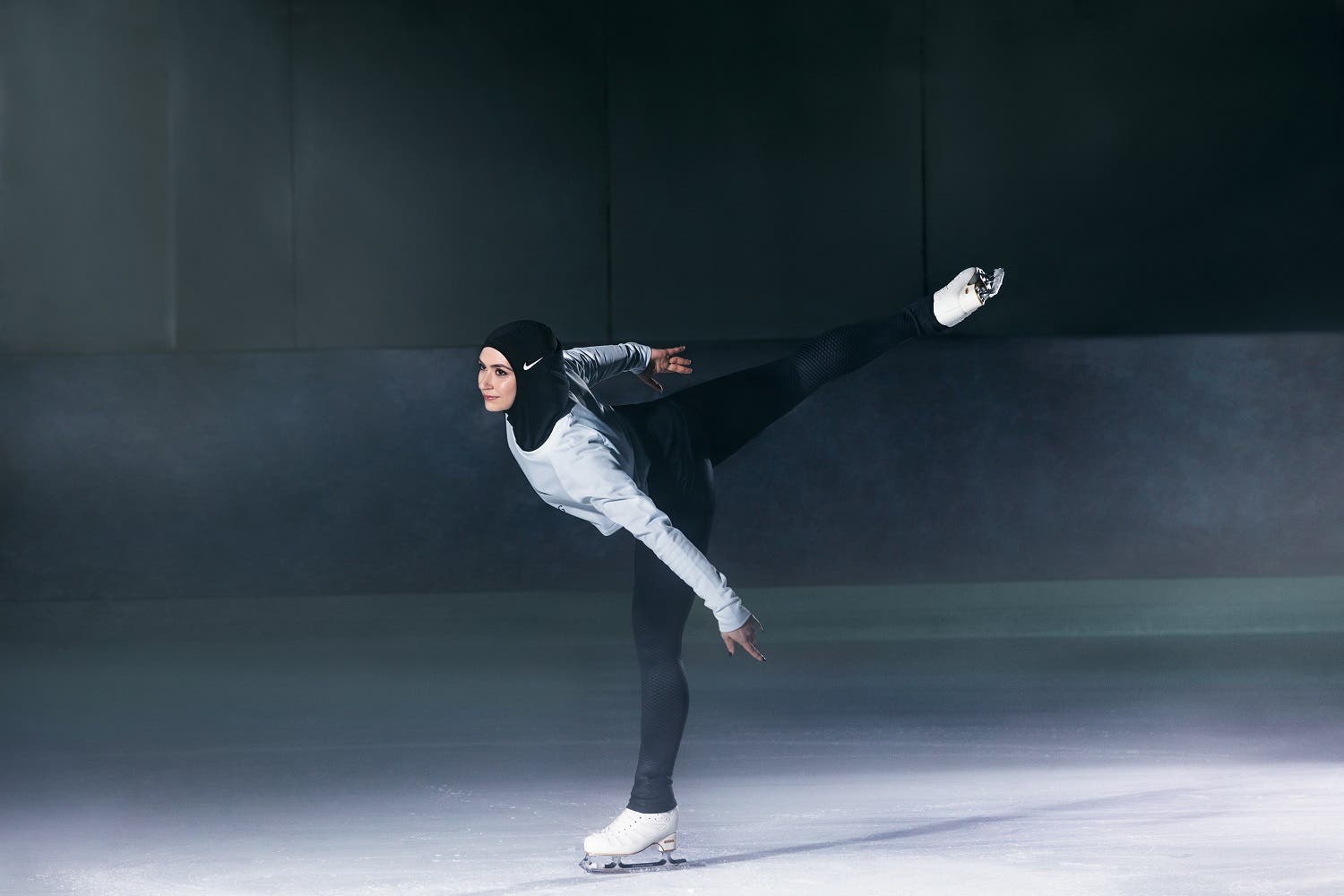
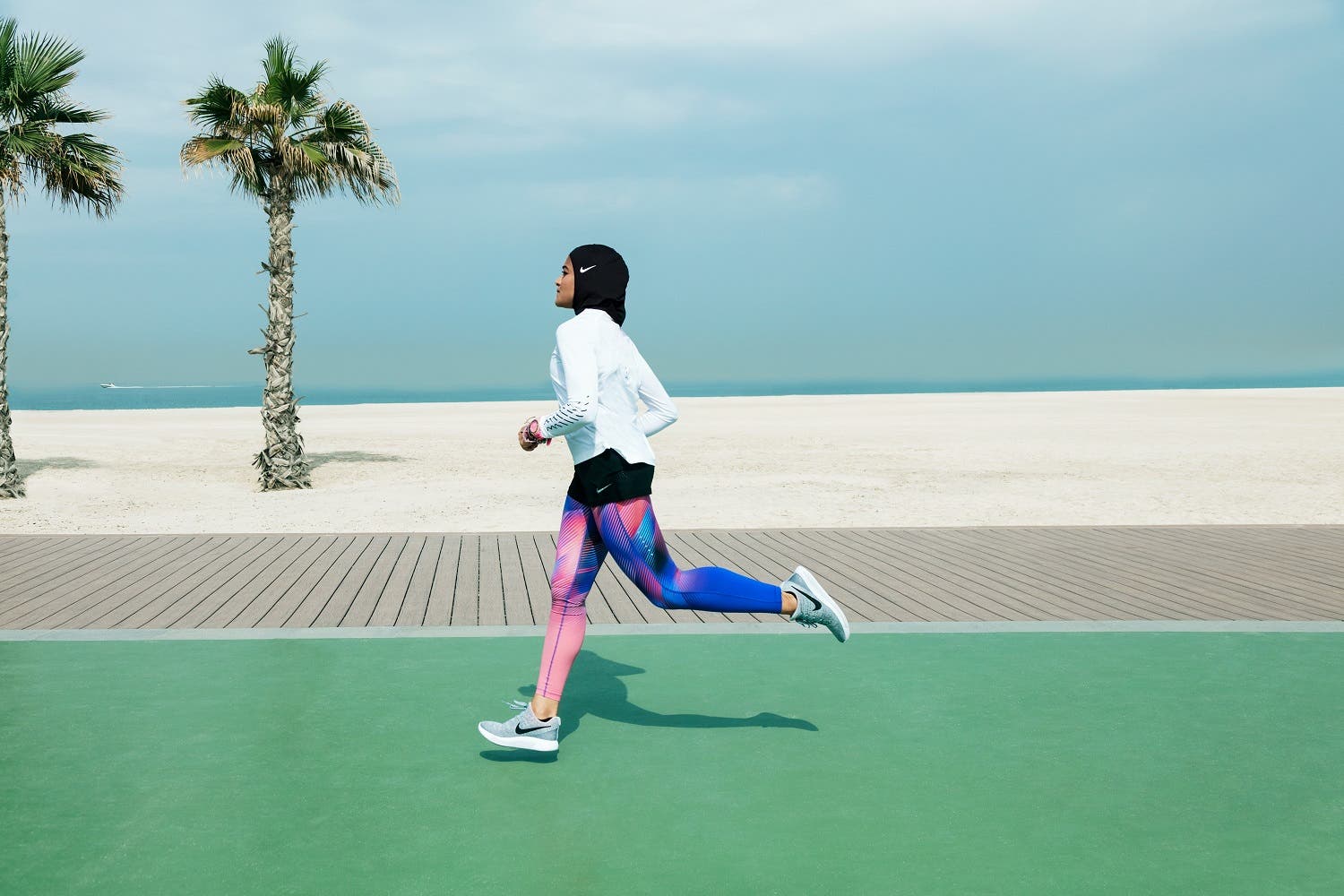
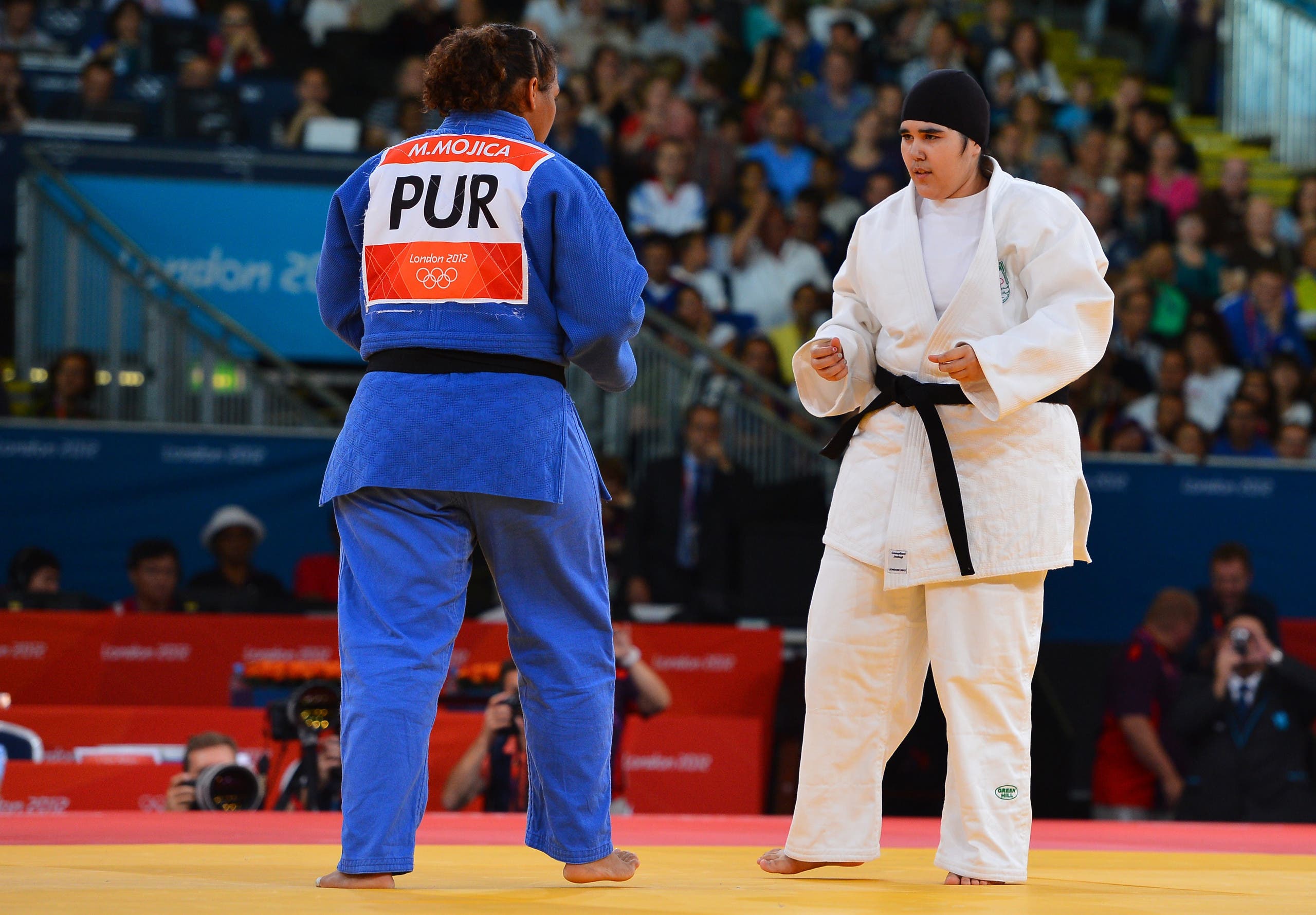
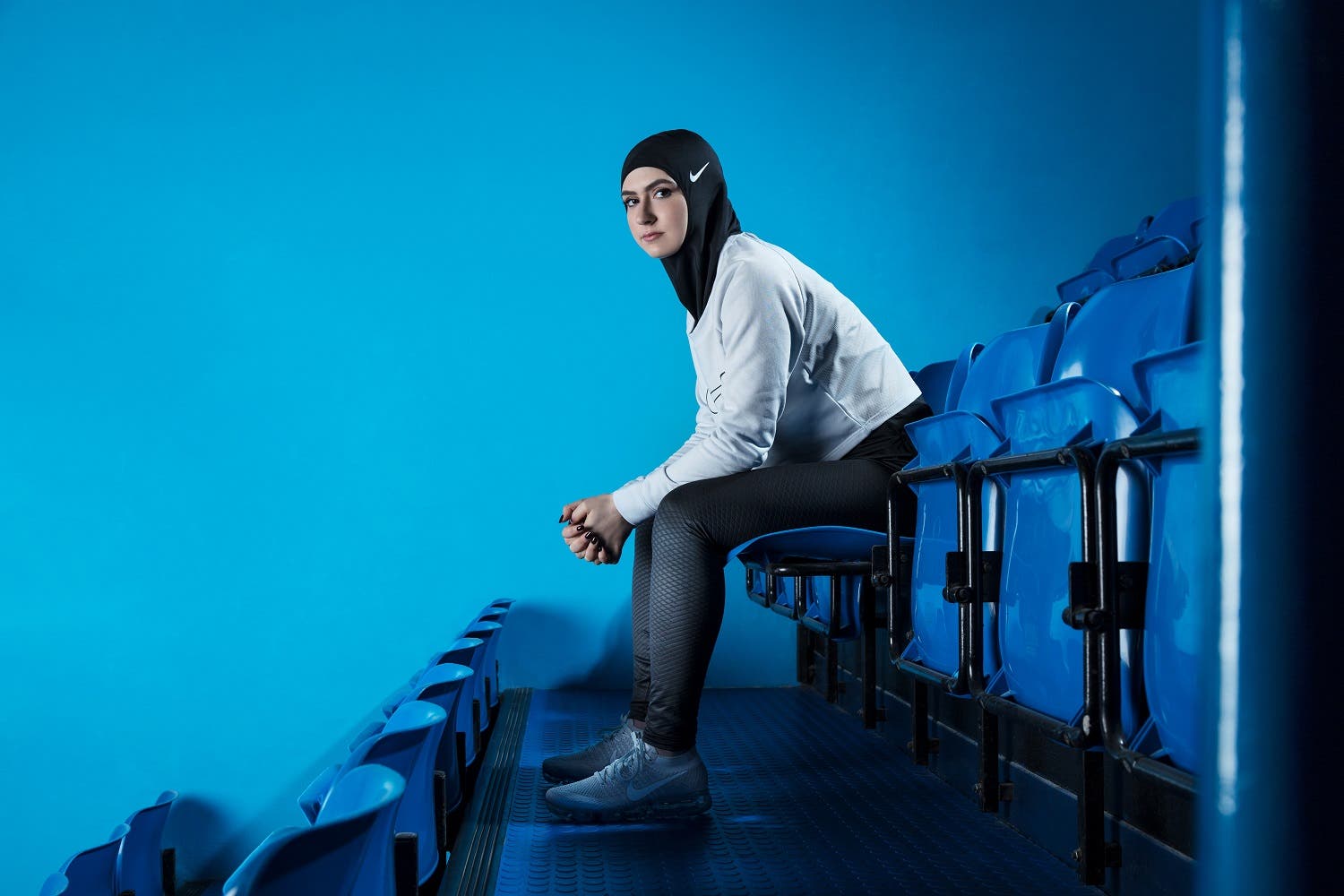
0 comments:
Post a Comment